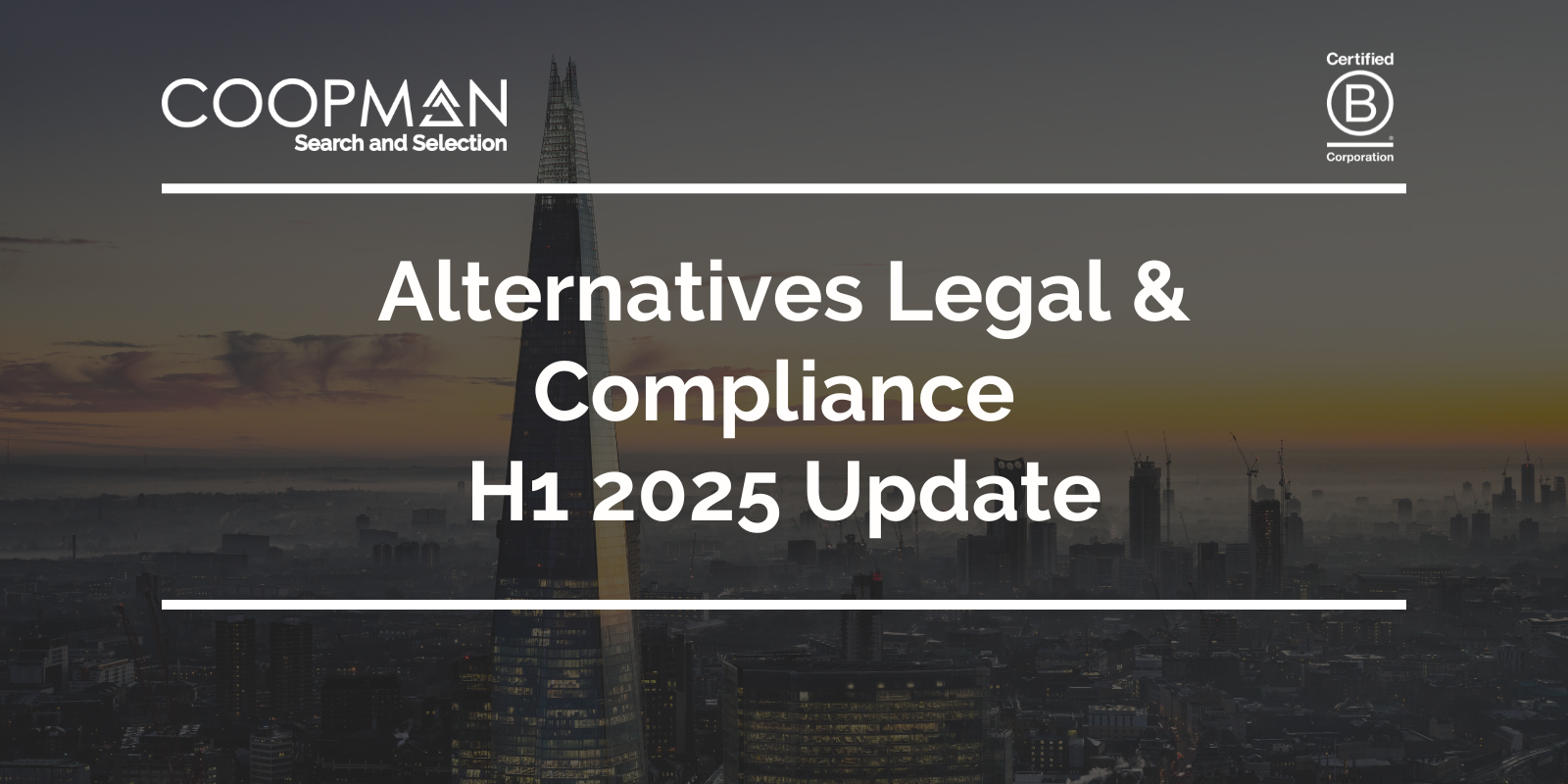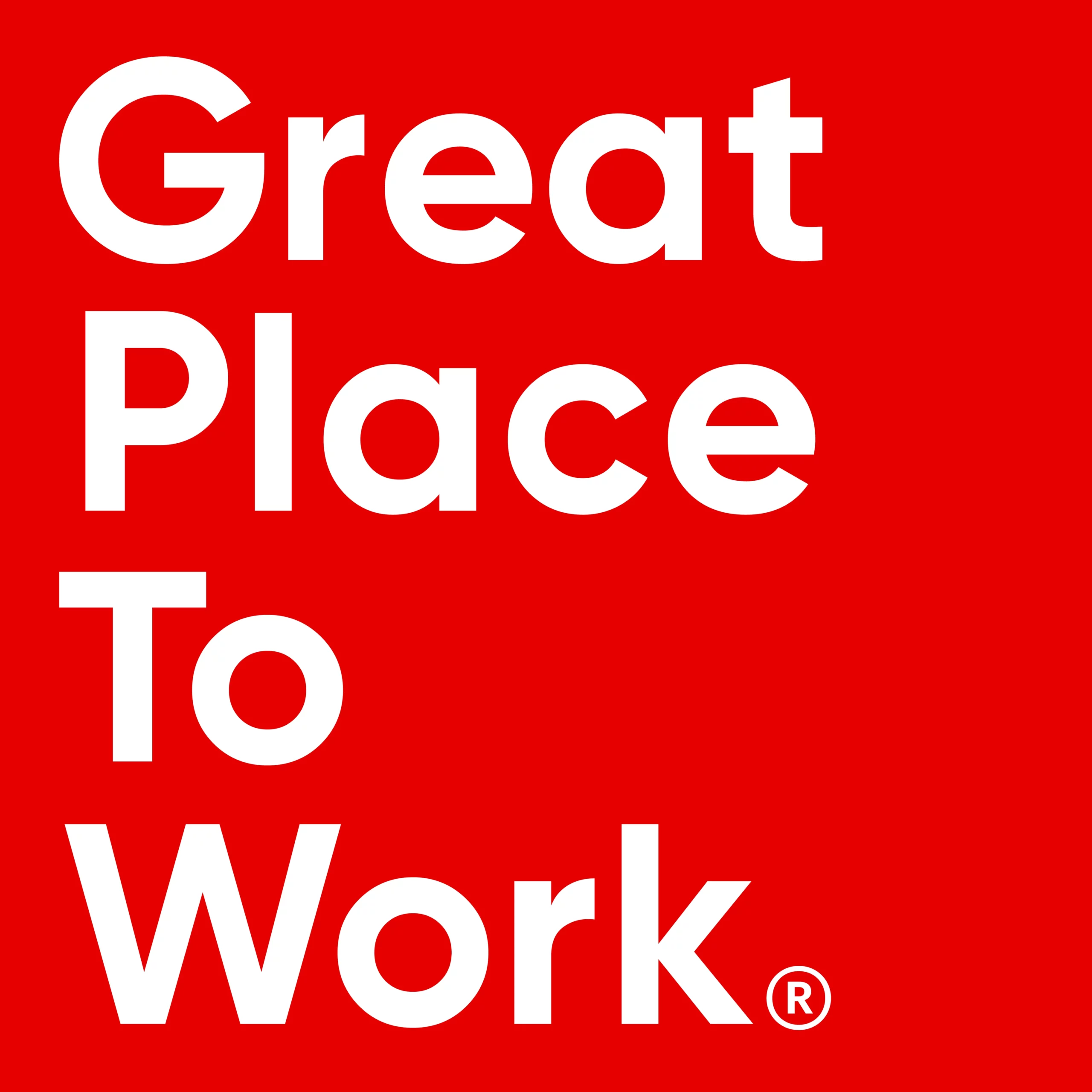H1 2025 has flown by, so I wanted to share the latest insights on the legal and compliance landscape across hedge funds and private markets.
Market Overview
The UK legal and compliance recruitment market remains challenging. Quality opportunities are limited, while candidate activity remains high. Economic uncertainty, internal cost pressures, and cautious growth strategies have led many alternative investment firms to slow or freeze hiring, creating an intensely competitive environment for candidates. As a result, the few compelling roles available are attracting significant interest. Employers are more selective and often take their time, with the average hiring process stretching to 8–10 weeks. Candidates are facing longer recruitment cycles, more rigorous interview processes, and increased competition, making it a tough landscape for those seeking a move.
Despite this, 2024/2025 has already seen a high volume of fund launches. Morgan Stanley is reportedly working on more European hedge fund launches than at any time in the past decade, contributing to fresh opportunities in the UK market. Additionally, a number of US funds are expanding their UK/EU footprints, creating further demand for legal and compliance professionals.
What Candidates Are Seeking
Much of the hiring momentum has been concentrated among spin-outs, new launches, and small to mid-sized funds. From my conversations in the market, these are the main factors driving candidates toward these firms:
Broader Scope & Impact
- Wearing multiple hats: Smaller firms often require compliance professionals to cover everything from AML/KYC to trade surveillance and regulatory filings, offering faster upskilling than the more siloed roles at larger institutions.
- Strategic influence: With fewer layers, compliance and legal staff engage directly with senior management and investment teams, helping to shape firm-wide policies and making their advice highly visible and valued.
Entrepreneurial & Agile Environment
- Shaping infrastructure: Spin-outs and new launches allow professionals to architect compliance frameworks from scratch, choosing technology, vendors, and systems with lasting impact.
- Entrepreneurial culture: These nimble environments appeal to those who thrive in dynamic settings and enjoy building teams and processes early on.
Accelerated Career Progression
- Fast-tracked roles: Smaller firms often have less hierarchy, allowing legal and compliance hires to progress to senior or leadership positions more quickly. Many professionals find themselves stepping into CCO or GC roles much sooner than they might at larger organisations.
- Expanding responsibilities: Especially in funds targeting AUM above $1 billion, there’s a growing demand for in-house compliance and legal leadership as these firms build out internal infrastructure.
Influence on Growth & Culture
- Cultural founding: Early hires help define not just compliance standards but also broader firm culture, governance, and risk appetite.
- Meaningful contribution: Identifying red flags early, drafting policies, and guiding fund formation provide tangible, strategic value to the business.
Breaking It Down
Hedge Funds
Volatility-driven strategies, macro, quant, and arbitrage are thriving. Large multi-strategy funds remain resilient, while equity long/short, CTAs, and fixed-income-heavy strategies face tougher conditions. Crypto funds, despite historical gains, are experiencing subdued institutional support in 2025.
From a compliance hiring perspective, hedge funds typically look for professionals with strong regulatory knowledge spanning UK, EMEA, and US regimes. Candidates experienced across multiple asset classes are particularly in demand as funds diversify or launch new vehicles. Key skill sets include trade surveillance, regulatory advisory, and regulatory reporting.
On the legal side, the hedge fund sector has remained busy through 2025, with hiring across regulatory counsel, fund structuring specialists, general counsel, and interim legal roles. In-demand skills include regulatory expertise, fund documentation, transaction experience, and cross-jurisdictional fluency.
Private Markets
In private markets, particularly private equity, private credit, and real assets, compliance hiring volumes remain relatively low. Activity has largely focused on junior and mid-level roles, while a significant pool of strong mid-to-senior-level candidates is available. Firms continue to favour candidates familiar with fund structures, marketing/distribution regulations (AIFMD, SFDR, SDR), and cross-border regulatory frameworks.
Private equity firms, especially mid-market and large sponsors, are expanding their in-house legal capabilities to manage rising deal flow, tighter timelines, and complex cross-border transactions. Lawyers with expertise in M&A, fund formation, and regulatory issues remain in strong demand.
Flexible Working
Private market firms are increasingly bringing staff back into the office, with most expecting 3–4 days on-site per week. Candidates appear more open to this, but many expect their compensation to reflect the reduced flexibility.
Hedge funds similarly tend toward 3–5 days in the office:
- Boutique funds: typically 3–4 days
- Mid-size funds: typically 4 days
- Large multi-strategy funds: 4–5 days
Firms offering greater flexibility such as hybrid or remote options are consistently attracting higher-calibre candidates. In today’s competitive market, flexibility has become a key differentiator, often placing these firms at the top of candidates’ preference lists. For experienced professionals, flexible working is increasingly seen as a core benefit rather than merely a perk, giving forward-thinking firms a clear advantage in securing top talent.
Looking Ahead
As we look to the remainder of 2025, global regulatory uncertainty, inflationary pressures, and geopolitical dynamics will continue to shape the hiring landscape. Firms are likely to remain cautious, focusing on essential or replacement hires rather than large-scale expansions.
In the hedge fund space, I expect macro, credit, quant/systematic, event-driven, and multi-strategy funds to drive most hiring in H2. Multi-strategy platforms will remain at the forefront of growth, while specialised funds in distressed credit and macro strategies will continue attracting allocator interest.
Within private markets, deal activity is likely to continue its gradual rebound, while fundraising remains challenging. Secondaries and continuation vehicles are set for growth, suggesting that H2 hiring may be concentrated in mid-market firms, private credit, secondaries, and infrastructure/real assets.
For candidates, resilience and specialisation will remain critical. For hiring managers, flexibility and decisiveness will be essential to securing top talent in this evolving market.








